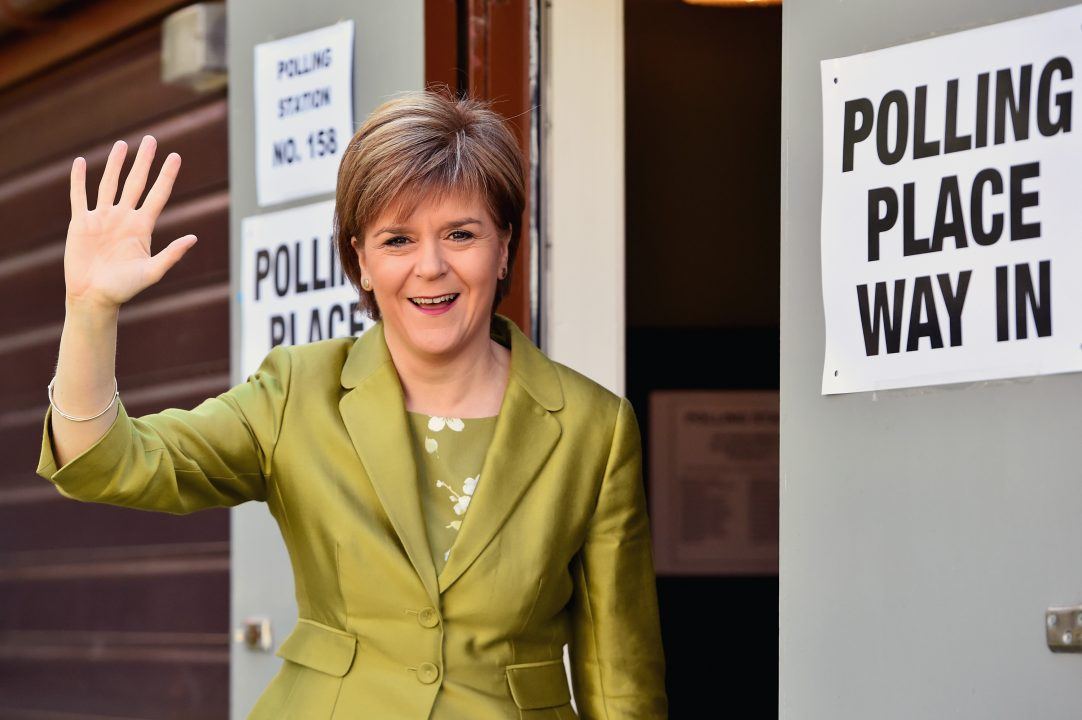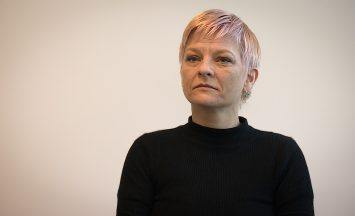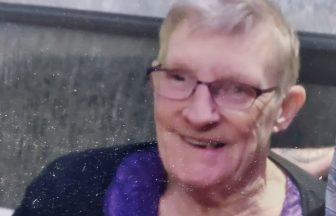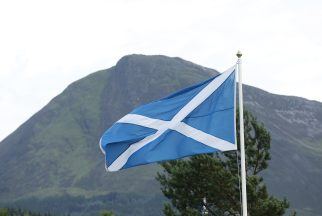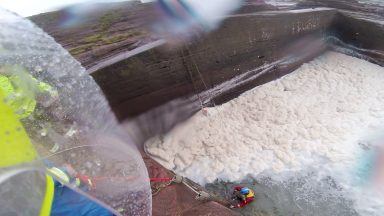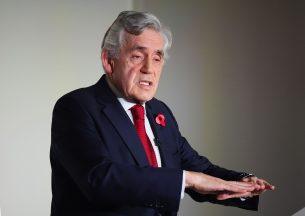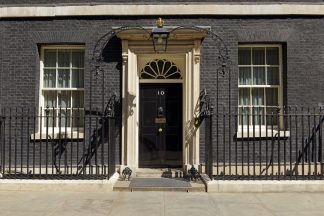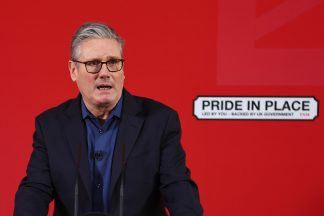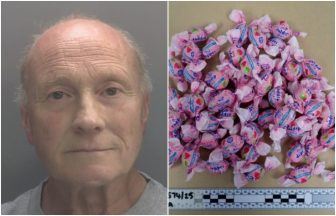From the streets of Dreghorn to selling out the Hydro in Glasgow, Nicola Sturgeon lays out her ascent to the summit of Scottish politics in often raw and unvarnished terms in her newly published memoir, Frankly.
The former first minister provides a compelling insight into the workings of her mind during the tumultuous events of the last two decades – including two major referendums on national sovereignty, the death of Queen Elizabeth II, a fractious relationship with her predecessor Alex Salmond and being arrested as part of an extensive police investigation into the SNP’s finances.
Sturgeon states at the outset: “If your opinion of me is already formed, there is no shortage of caricatures out there to reinforce your views.”
She then urges people to read on and understand “the real me”.
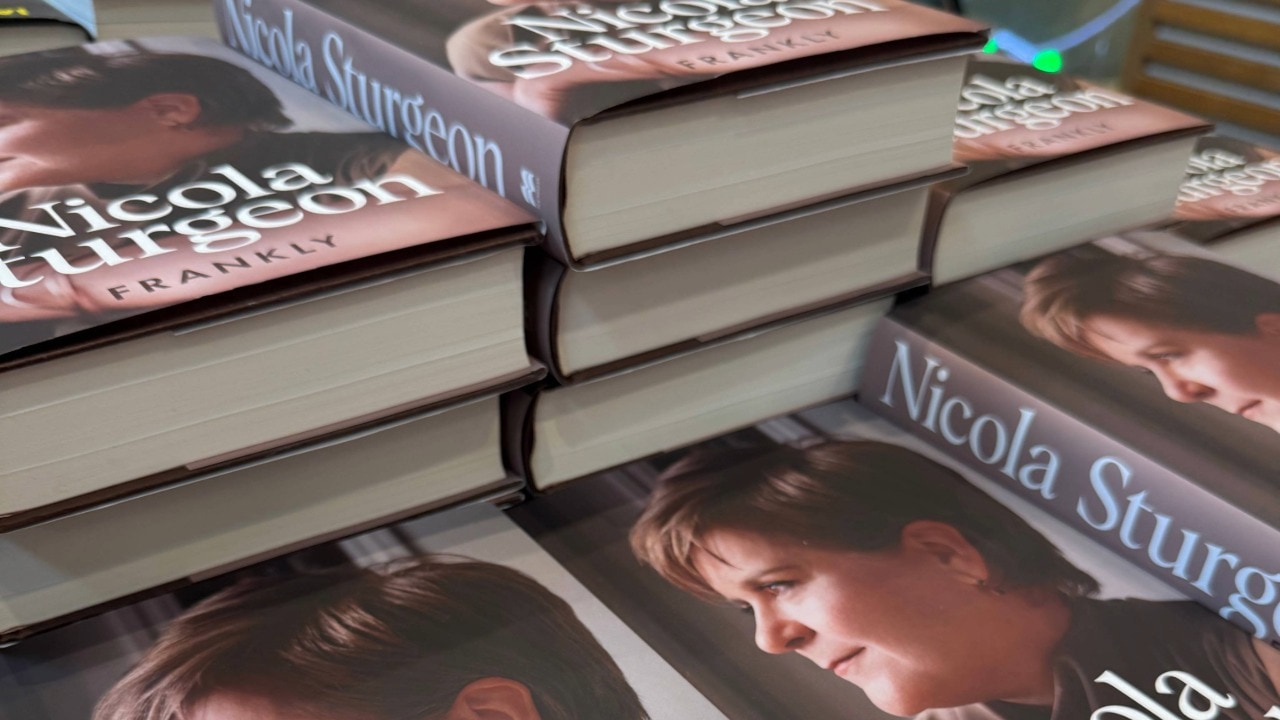 STV News
STV NewsIt may well be a fanciful request, as Sturgeon indeed is a deeply polarising figure – perhaps understandable given her role at the helm of government during seismic events that shaped the national psyche and would ultimately chart the path of Scotland’s future.
Sturgeon, of course, helped to orchestrate some of those events – taking Scotland to the brink of independence in the 2014 referendum and introducing contentious legislation on gender reform.
In other instances, she had to quickly react to events that were largely out of her control, such as the allegations of sexual assault made against her predecessor and the coronavirus pandemic that swept across the globe in 2021.
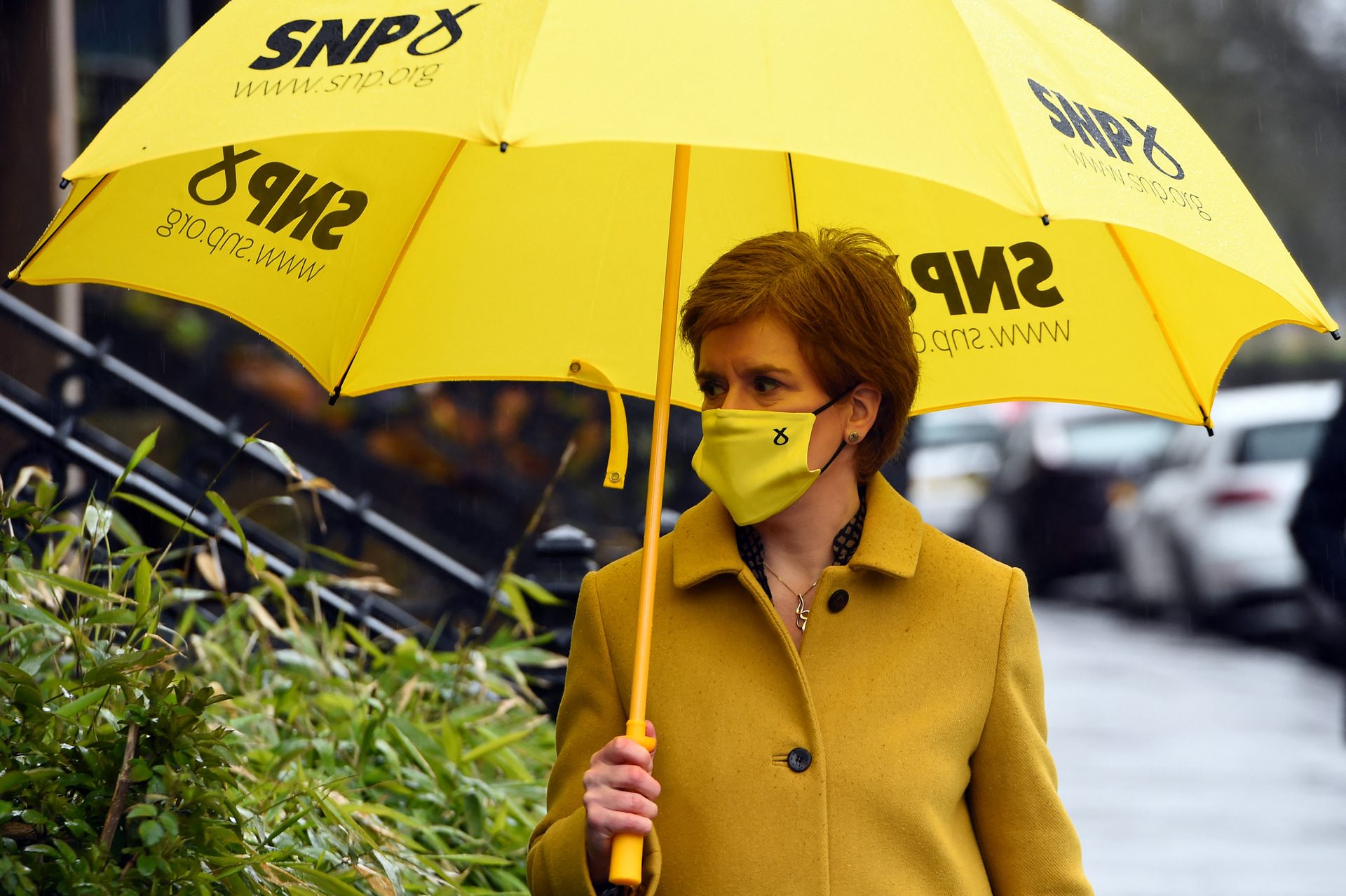 Getty Images
Getty ImagesThroughout it her memoir, Sturgeon goes to great lengths to articulate that the person in command – exuding confidence on television and at First Minister’s Questions – is often wracked with anxiety and crippling self-doubt.
At various stages of her career, she explains how a feeling of imposter syndrome formed the backdrop to some of the most momentous decisions she would make in power.
Watch
Rapists ‘probably forfeit right to be chosen gender’, says Sturgeon
She also writes about the impact of a lifetime at the deep end of politics has had on her mental health. Sturgeon says she is “neither the hero her ardent supporters revere nor the villain her most fiercest critics revile”.
In truth, this book is unlikely to shift many pre-formed opinions about Sturgeon. This is her attempt to set the record and explain how events materialised from her point of view. But to her critics, it will be viewed as an attempt to rewrite history and spin narratives so that she doesn’t emerge as the villain of the piece.
She had no shortage of enemies despite her astounding electoral record, playing a pivotal role in helping the SNP rise from the fringes of Scottish politics to effectively break the proportional representation model by winning a parliamentary majority at Holyrood in the 2011 election.
Who were those enemies? Those who didn’t want to see the break-up of the United Kingdom, those who believed she went into lockdown too late during the pandemic (and those who think she shouldn’t have locked down at all), allies of Alex Salmond, and women who believed she was eroding their right to safe spaces.
It was that latter issue that ultimately proved Sturgeon’s downfall.
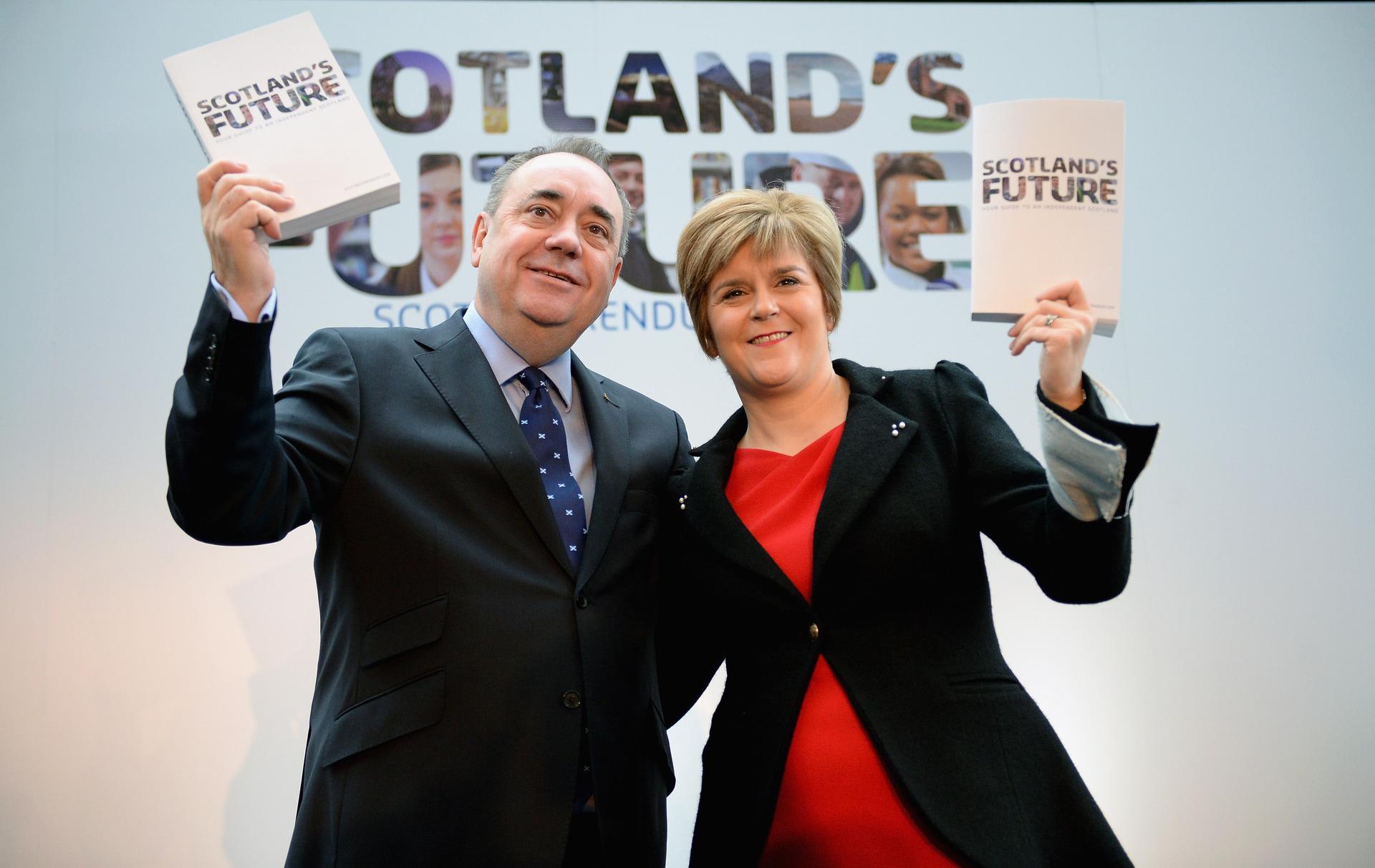 Getty Images
Getty ImagesShe was Scotland’s longest-serving First Minister and the first woman to hold the position. Her resignation occurred in 2023, following controversies surrounding the Scottish Government’s gender reform plans, which Westminster ultimately vetoed.
In her memoir, Sturgeon said she should have hit the pause button on gender legislation, which would have given transgender people the right to self-identify as their preferred gender.
Watch
Watch Nicola Sturgeon reveal ‘midlife crisis’ tattoo
Among her most vocal critics is the Harry Potter author JK Rowling, who infamously wore a T-shirt with the message: “Nicola Sturgeon: Destroyer of women’s rights.”
The former FM says it was “blindingly obvious that a stunt like that wasn’t going to elevate the debate or illuminate the issues at the heart of it”.
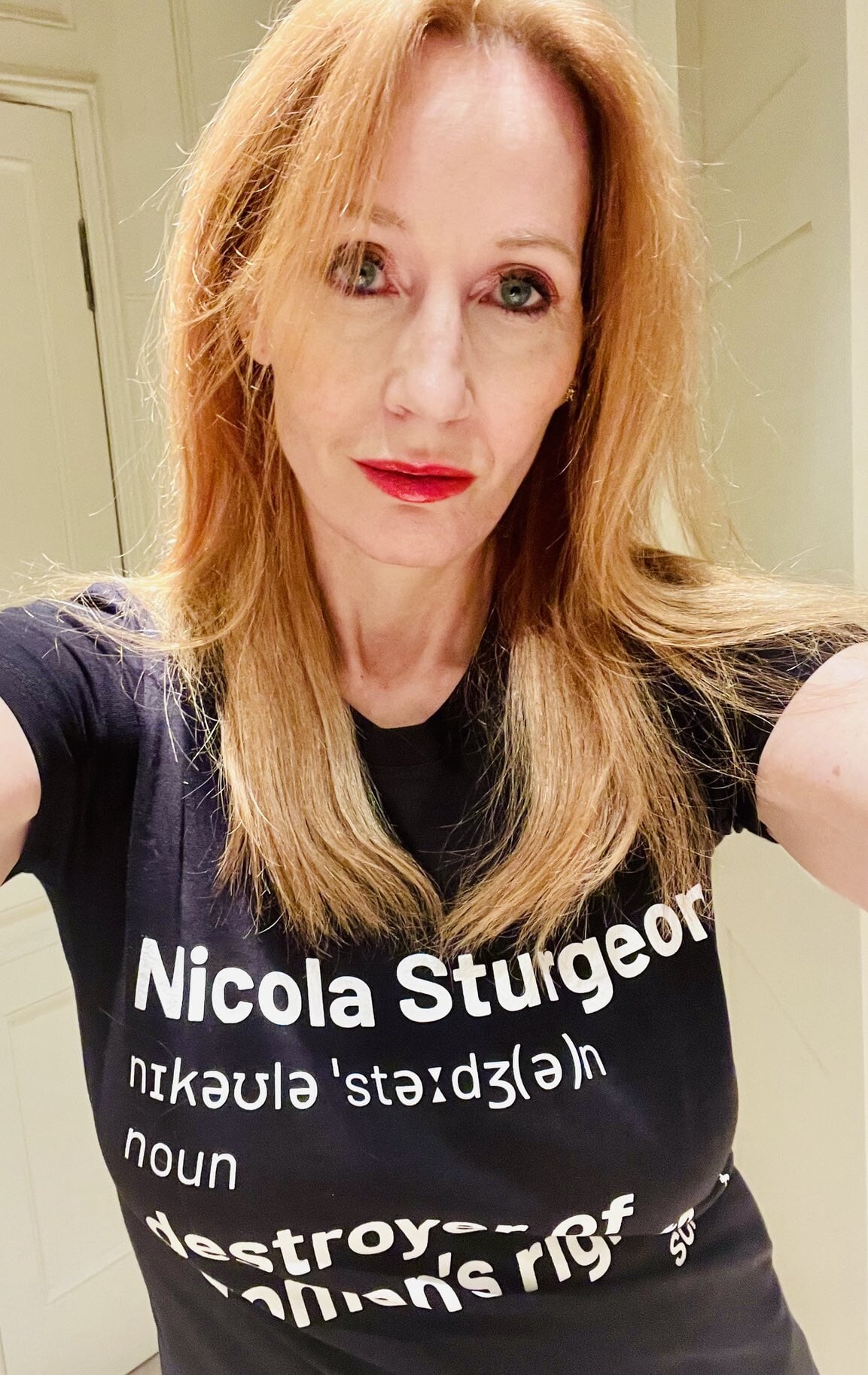 X/@jk_rowling
X/@jk_rowlingShe claims the stunt “marked the point that rational debate became impossible”.
Her candidness in some aspects, however, does not extend to other areas and you are left with a sense that Sturgeon stops short of full disclosure on a range of contentious issues.
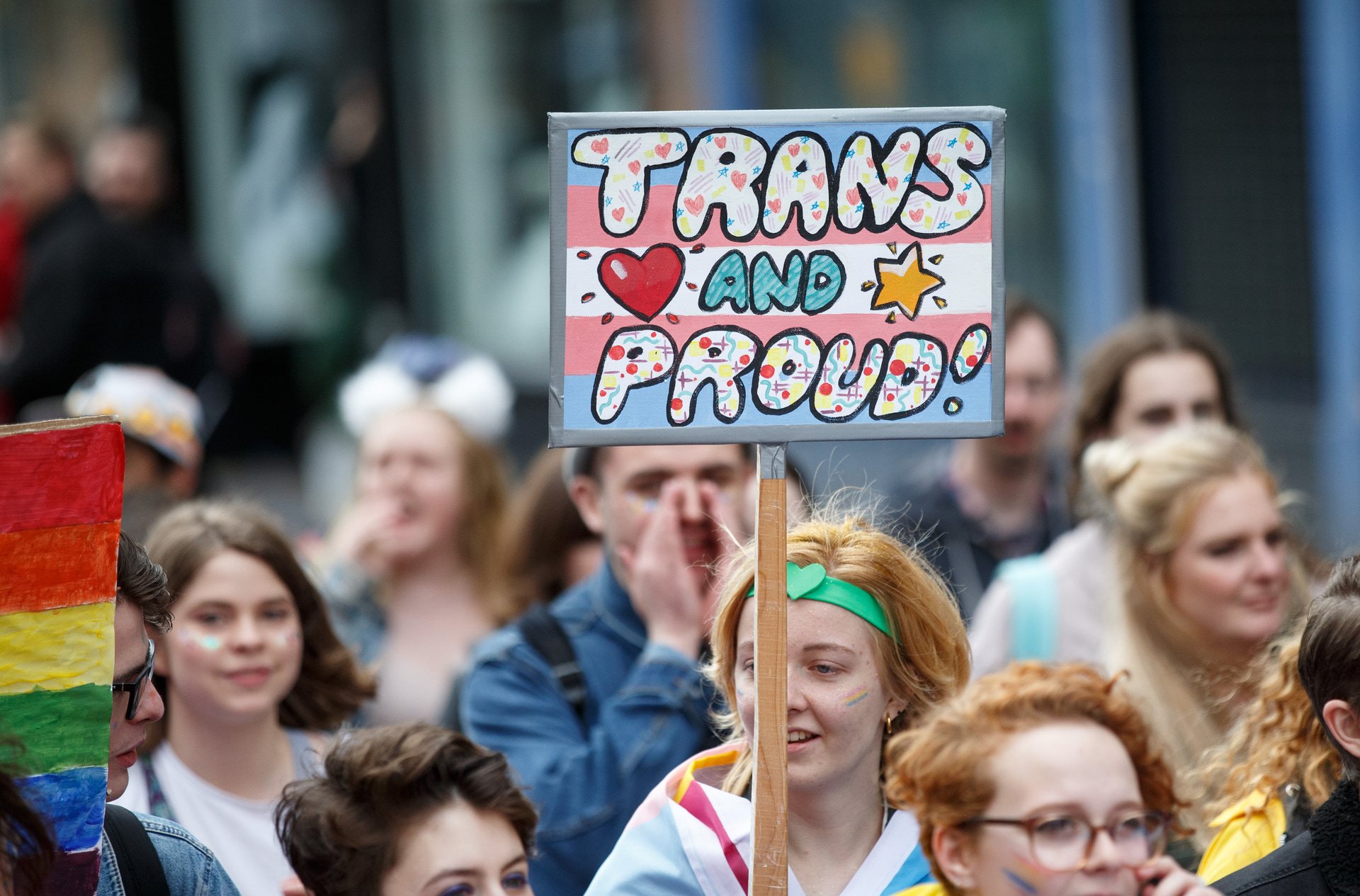 Getty Images
Getty ImagesThe emotional weight of traversing the nation through the pandemic is covered at length, but there is nothing about the Scottish Government’s secrecy during Covid, when Sturgeon and other civil servants and ministers were criticised for deleting messages exchanged on WhatsApp.
Similarly, she teases but doesn’t appear to tell the full story in relation to the Salmond allegations – particularly why the women who brought the original harassment complaints described being left without any support by the Scottish Government she led.
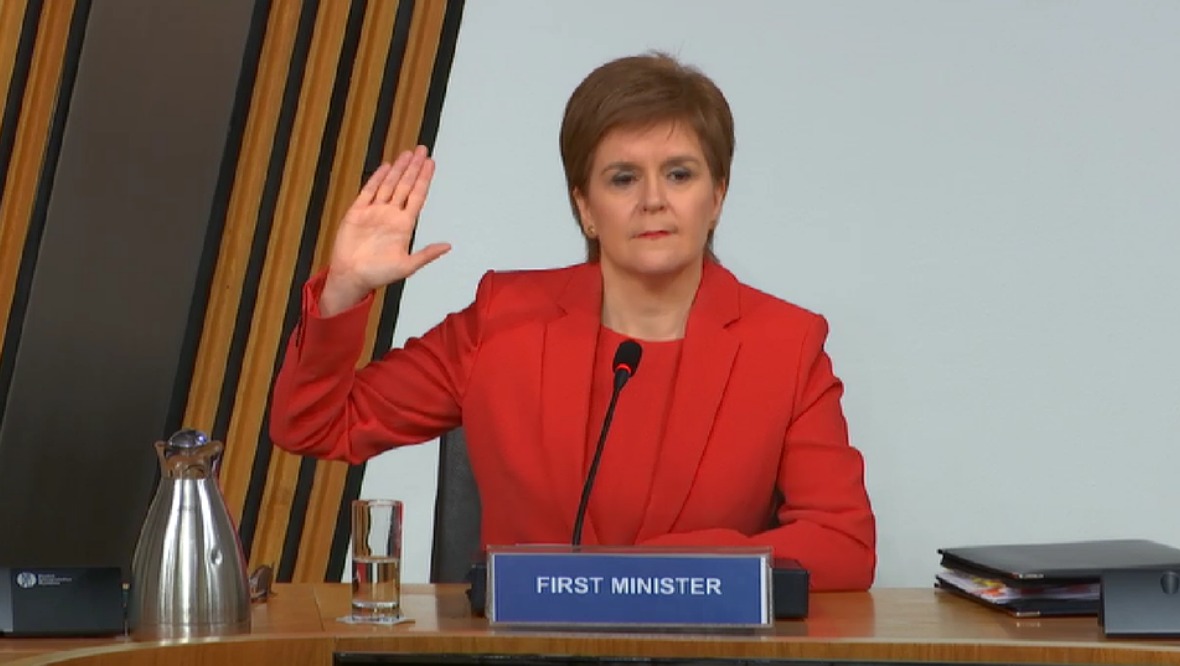 STV News
STV NewsOf course, there was also little that she could say about the arrest of her ex-husband Peter Murrell, who was charged and is now awaiting trial for alleged embezzlement of party funds, which means contempt of court rules apply.
In other areas of Frankly, Sturgeon is indeed frank about the painful miscarriage she experienced in 2010, questions around her sexuality and rumours of an affair with a French diplomat (not true), and her assertion that she came close to having a breakdown after giving evidence to the UK Covid Inquiry.
Sturgeon’s memoir is a fascinating insight into one of the pre-eminent politicians of our time and the highs and lows that she traversed on her way to Bute House.
It is her story – perhaps not the full story – and it is compelling, at times dark, at times sad, at times funny.
But will it shift perceptions that people already hold about her?
Frankly, I doubt it.
Follow STV News on WhatsApp
Scan the QR code on your mobile device for all the latest news from around the country


